Research studies are organized ways to investigate specific questions or ideas. They help us understand complex issues and gather evidence in many fields. This guide will cover the different types of research studies, their key parts, and how they are used in real-world situations.
I. Introduction to Research Studies
Research studies are crucial for advancing knowledge. They help us explore new ideas, test theories, and solve problems. There are various types of research studies, each serving a unique purpose. Let's explore these types and understand their importance.
A. Descriptive Studies: Understanding the Basics
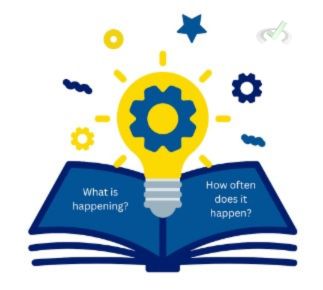
Descriptive studies aim to describe the characteristics of a group or phenomenon. They do not test hypotheses but provide a detailed account of what is happening. For example, a descriptive study might record the number of people with a certain disease in a specific area. These studies answer questions like "What is happening?" and "How often does it happen?"
B. Analytical Studies: Finding Relationships
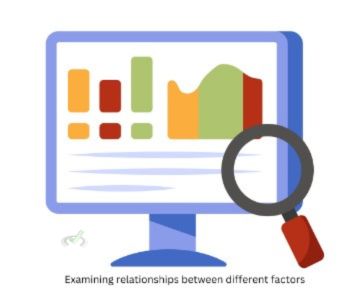
Analytical studies go further by examining relationships between different factors, called variables. They look at cause-and-effect relationships, helping us understand why something happens. For example, they might explore how smoking is related to lung cancer. These studies use statistical methods to find if one thing causes another or is related.
II. Types of Research Studies
There are several types of research studies, each with specific characteristics and methods. Understanding these types can help you choose the right method for your research question.
A. Experimental Studies: Testing Hypotheses
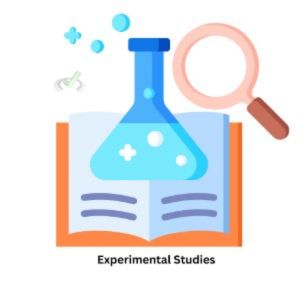
Experimental studies are designed to test ideas, called hypotheses, by changing one or more variables. The goal is to see the effects of these changes. They often use control groups, which do not receive the treatment, to compare results. Random assignment, where participants are randomly placed into groups, helps ensure that the results are not biased. These studies are crucial for finding out if one thing causes another.
B. Observational Studies: Watching and Recording
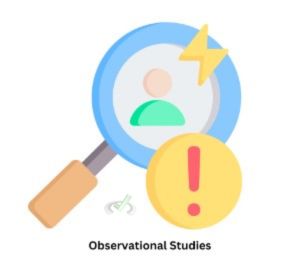
Observational studies involve watching and recording behaviors or events without changing anything. There are different types:
- Cross-Sectional Studies: These studies observe a group of people at a single point in time. They are useful for identifying trends or patterns. For example, a survey of dietary habits in a population is a cross-sectional study.
- Cohort Studies: These types of studies follow a group of people over time to see how certain factors affect outcomes. They can be prospective (looking forward) or retrospective (looking back). For instance, a cohort study might track smokers and non-smokers over the years to see who develops lung cancer.
- Case-Control Studies: These studies compare people with a specific condition (cases) to those without it (controls). They help identify factors that might contribute to the condition. For example, researchers might compare people with diabetes (cases) to those without (controls) to find lifestyle factors involved.
C. Longitudinal Studies: Tracking Changes Over Time
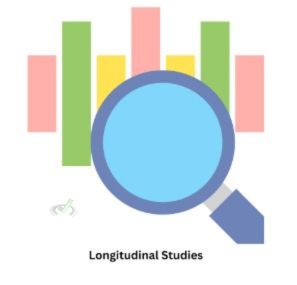
Longitudinal studies comprise repeated observations of the same variables over long periods. This type of study can show how variables change over time and identify long-term trends.
It's especially useful in studying development, aging, and disease progression. For example, a study that follows children's reading skills from kindergarten to high school is longitudinal.
III. Key Components of Research Studies
Each research study has essential parts that contribute to its structure and reliability.
A. Hypothesis: The Starting Point
A hypothesis refers to the statement predicting the outcome of a study. It's a testable idea that guides the research process. For example, a hypothesis might be, "Regular exercise improves mood."
B. Variables: Elements Under Study
Variables are the elements that are measured or changed in a study. They can be:
- Independent Variables: Researchers change these factors to see what happens. For instance, the amount of exercise in a study on fitness.
- Dependent Variables: These are the outcomes measured in the study. For example, changes in weight in a diet study.
- Confounding Variables: These are outside factors that might affect the results. They can confuse the findings if not controlled. For example, age can be a confounding variable in a study on physical fitness if it's not considered.
C. Sampling: Choosing Participants
Sampling involves selecting participants for the study. It can be random, where every individual has an equal chance of being chosen, or purposive, where specific individuals are chosen for a reason. A proper sampling method ensures the results accurately represent the larger group.
IV. Applications and Real-World Examples
Research studies are used in many fields, from medicine to social sciences. They help develop new treatments, understand behaviors, and improve policies.
A. Clinical Trials: Testing Medical Treatments
Clinical trials are a type of experimental study used in medicine. They test new treatments or drugs to see if they are safe and effective. For example, a clinical trial might test a new cancer drug to see if it works better than the current treatment.
B. Market Research: Understanding Consumer Behavior
Businesses use observational and analytical studies to understand what customers want. This helps them create products and marketing strategies that meet customer needs. For example, a company might use a survey to determine what features people want in a smartphone.
V. Bridge: Connecting Research Studies to Broader Contexts
Research studies are not just isolated experiments; they connect to broader fields and have real-world implications.
A. Ethical Considerations in Research
Ethical considerations are important in all kinds of research studies. Researchers must ensure the safety and rights of participants. This includes getting informed consent, where participants agree to participate after being told about the study's purpose and risks. Researchers must also avoid bias and report findings honestly to ensure trust in their results.
B. The Role of Technology in Research
Technology plays a big role in modern research. It helps with data collection, storage, and analysis. For example, computers can quickly analyze large amounts of data to find patterns. Tools like artificial intelligence and machine learning help researchers make predictions based on data.
C. The Impact of Research on Policy and Society
Research findings often inform policies and societal changes. For example, studies on climate change influence environmental regulations. Public health guidelines are based on research on diseases and treatments, guiding how we respond to health crises.
D. Connection to MCAT Topics
Research studies are linked to many topics covered on the MCAT, such as statistics, the scientific method, and psychological research methods. Understanding these studies helps in interpreting scientific literature and applying critical thinking skills. For example, knowing about confounding variables is crucial when evaluating the validity of a study's findings.
VI. Wrap Up/Key Terms
Understanding the types of research studies is crucial for conducting and interpreting research. Each type has strengths and limitations, and choosing the right one depends on the research question and goals.
Key Terms
- Descriptive Studies: Describe characteristics without testing hypotheses.
- Analytical Studies: Examine relationships between variables.
- Experimental Studies: Test hypotheses by manipulating variables.
- Observational Studies: Observe without changing variables.
- Longitudinal Studies: Track changes over time.
- Hypothesis: A testable prediction.
- Variables: Elements measured or manipulated in a study.
- Sampling: Choosing participants for a study.
- Control Groups: Groups in an experiment that do not receive the treatment.
- Random Assignment: Placing participants into groups randomly to avoid bias.
VII. Practice Questions
Test your understanding with these questions:
Sample Practice Question 1
Which type of study would best help determine if a new drug effectively treats a disease?
A. Descriptive Study
B. Experimental Study
C. Observational Study
D. Longitudinal Study
Ans. B
Experimental studies test hypotheses by manipulating variables. In this case, the new drug would be the independent variable. Researchers would observe the effects on participants, making this the best type of study to determine the drug's effectiveness.
Sample Practice Question 2
What is a confounding variable in research studies?
A. The main outcome measured in a study
B. A variable that the researcher manipulates
C. An external factor that may affect the study's results
D. A variable that remains constant throughout the study
Ans. C
Confounding variables are outside factors that can influence the outcome of a study. They can confuse the results by providing alternative explanations for the observed effects. Identifying and controlling these variables is important for accurate conclusions.

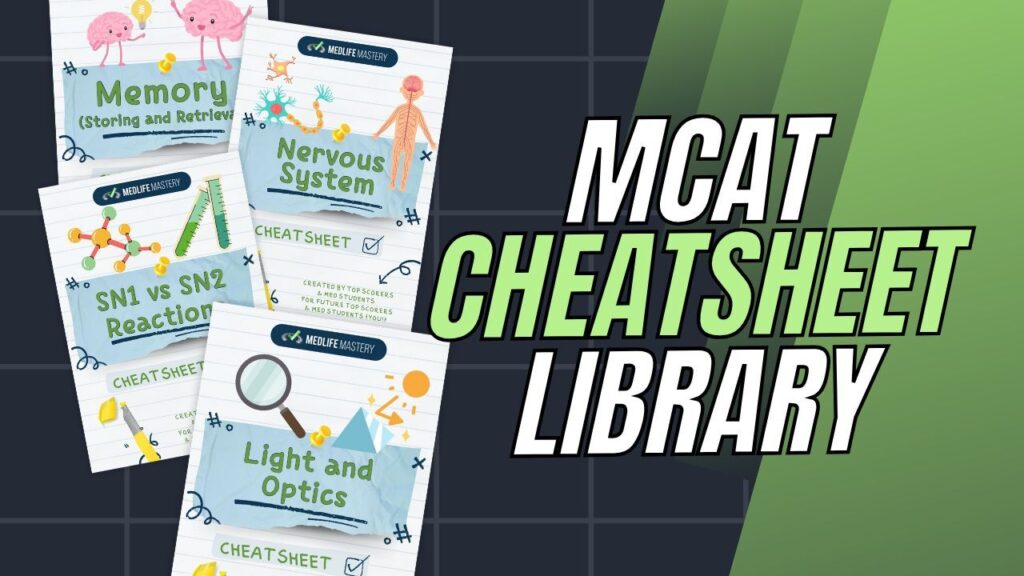





 To help you achieve your goal MCAT score, we take turns hosting these
To help you achieve your goal MCAT score, we take turns hosting these 
